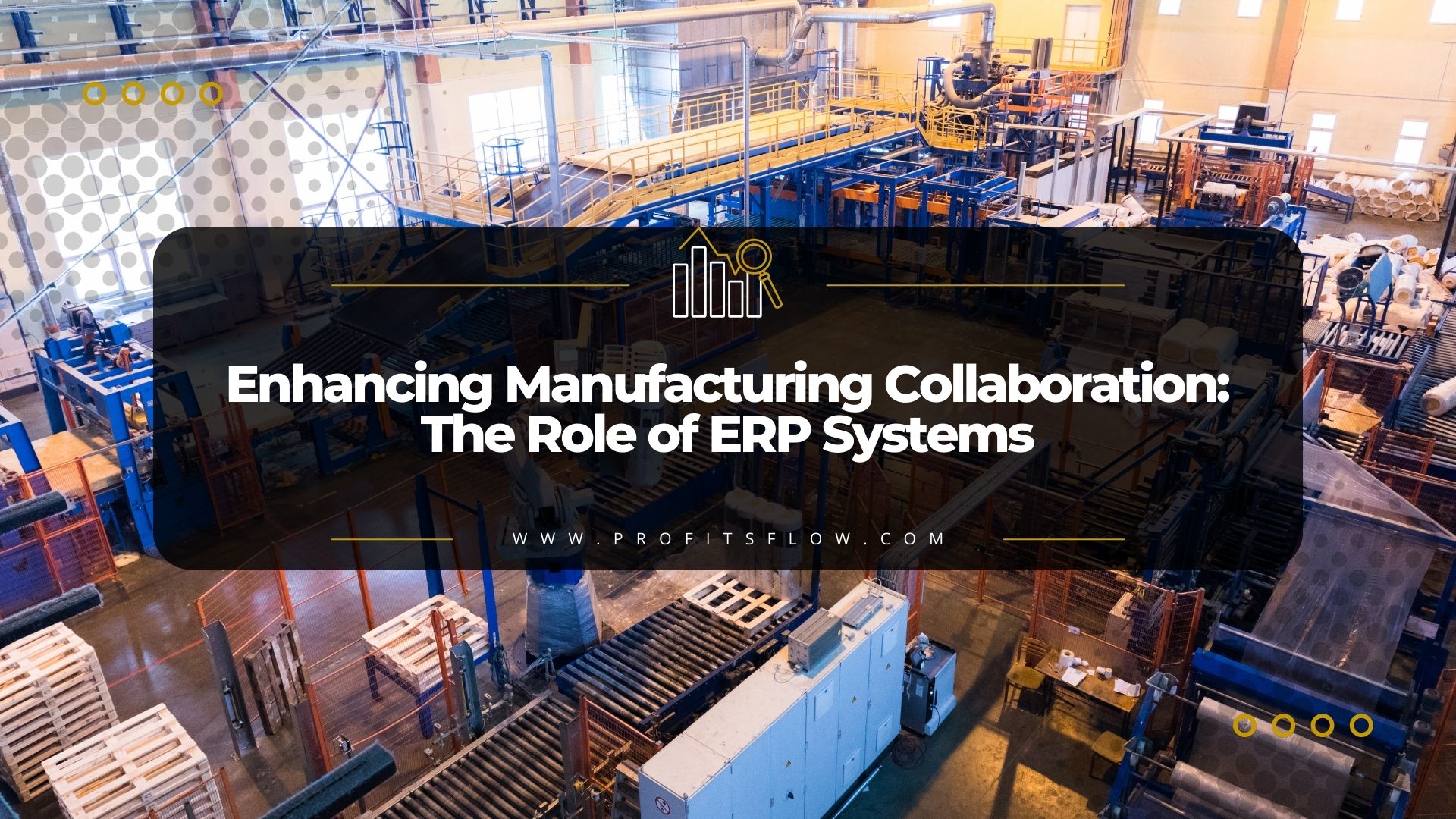The Role of ERP Systems: How ERP Software Revolutionise Collaboration Across Every Aspect of Your Operations
In the dynamic landscape of the manufacturing industry, collaboration is a key driver of success. Efficient communication and coordination among different departments within a manufacturing organisation are essential for streamlined operations and improved productivity. In this blog post, we’ll explore how the role of ERP systems is crucial in fostering collaborative manufacturing environments.
The Challenge of Collaboration in Manufacturing
Manufacturing involves a multitude of interconnected processes, from production and inventory management to sales and customer service. The challenge lies in ensuring seamless collaboration among these diverse functions. Traditional siloed approaches often result in communication gaps, inefficiencies, and missed opportunities for improvement.
ERP as a Catalyst for Collaboration
Enterprise Resource Planning (ERP) systems act as a central nervous system for manufacturing organizations. They bring together data from various departments, providing a unified platform for information sharing and collaboration. Here’s how the role of ERP systems enhances collaboration in manufacturing:
- Integrated Data Sharing:
ERP systems break down data silos by integrating information from different departments. This allows teams to access real-time data, fostering better decision-making and collaboration.
- Production Planning and Scheduling:
Collaborative ERP systems enable production teams to align their schedules with other departments such as sales and procurement. This ensures that production is aligned with market demand and raw material availability.
- Streamlined Communication:
ERP systems include communication tools that facilitate seamless interaction between teams. From instant messaging to shared calendars, these features enhance communication and ensure everyone is on the same page.
- Cross-Functional Visibility:
With ERP, each department gains visibility into the activities and requirements of others. This transparency promotes cross-functional understanding and collaboration, breaking down departmental silos.
- Quality Management Collaboration:
ERP systems with integrated quality management modules allow production and quality control teams to collaborate closely. This ensures that quality standards are maintained throughout the manufacturing process.
- Supply Chain Collaboration:
ERP systems facilitate collaboration along the entire supply chain. From suppliers to manufacturers to distributors, everyone can access relevant information, improving coordination and reducing delays.
Illustrative Scenarios
Let’s explore two hypothetical scenarios to illustrate the impact of ERP-driven collaboration:
Scenario 1: Production and Sales Alignment
An ERP system allows the production team to receive real-time sales forecasts. This enables them to adjust production schedules and inventory levels, ensuring products are available to meet customer demand.
Scenario 2: Cross-Functional Problem Solving
Imagine a quality issue arising on the production line. With an ERP system, quality control teams can quickly communicate with production and procurement to identify the root cause, implement corrective actions, and prevent similar issues in the future.
Conclusion
In a rapidly evolving manufacturing landscape, the ability to collaborate effectively is a competitive advantage. The role ERP systems empower manufacturing organisations to break down communication barriers, align activities, and drive efficiency across the entire value chain. By investing in a collaborative ERP solution, manufacturers can position themselves for success in an increasingly interconnected world.
